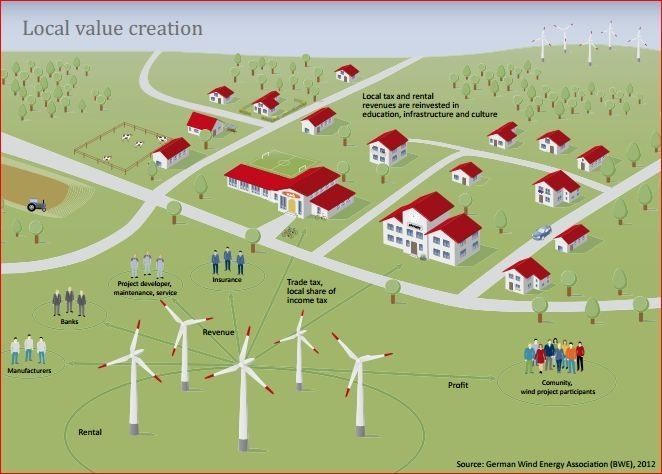
The intrinsic qualities of co-operatives mean they are natural allies in fighting climate change, especially considering their long-term commitment, their resilience, and their capacity to simultaneously act on several levels.
Firstly, co-operatives have long-term commitment. As they are not listed on the stock exchange, they are under no obligation to act according to their share price, nor are they dependent upon the opinions of analysts.
Naturally, to be commercially viable, they must be cost-efficient, but they are able to invest according to a broader horizon. They can consider the consequences of their actions for future generations, a determining skill when fighting climate change.
As businesses serving individuals and communities, co-operatives have proven their great resilience and their capacity to endure crises. In doing so, they contribute to stable economies. Their model can be adapted and used anywhere in the world.
Co-operatives act on several levels at a time. Here are three examples:
- First level: co-operatives contribute to reducing inequality and poverty. Having decent living conditions is a prerequisite to feeling that you are an actor in an effort which requires sacrifices, as will be the case with future climate challenges.
- Second level: they are schools of democracy and foster active citizenship. Co-operatives encourage people to unite and act, rather than wait for solutions to drop from elsewhere or from governments.
- And the third level is the educational mission which results from their action. This educational mission can include the complex issues of climate change. Much remains to be done in terms of raising awareness.




